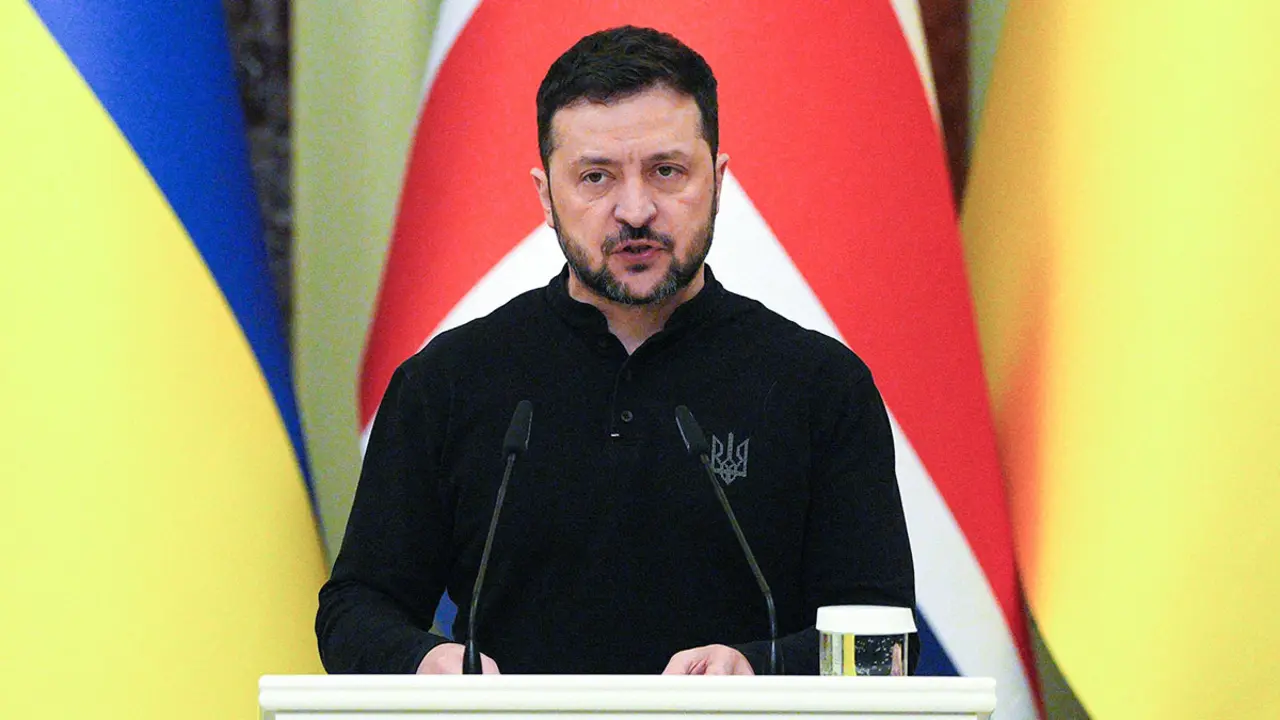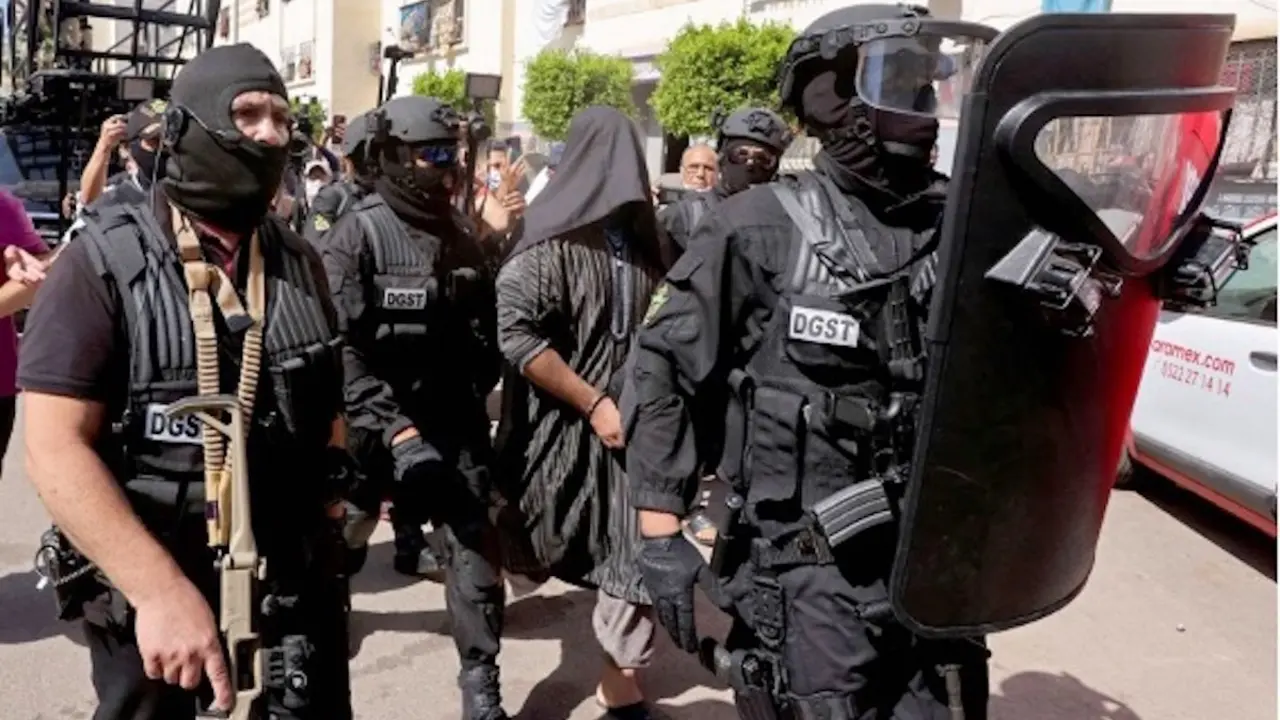José Manuel Sáenz Rotko: "China is modifying the international order of our system"

In the latest edition of "De cara al mundo", on Onda Madrid, we had the participation of José Manuel Sáenz Rotko, Professor of International Relations at the University of Comillas and co-author of the book "La Guerra Fría, una historia inacabada", who explained the key points of the first meeting between Xi Jinping and Putin, after the Russian invasion in Ukraine.
Guerra Fría, una historia inacabada and what we have left... because we are in the middle of a "hot war".
Historically, the Cold War is a defined concept and ended in 1989-1990; however, today, there are many elements of analogy with the 40-year conflict between the United States and the Soviet Union. Today the actors are different, the United States is there, but the world is not as bipolar as it was at the time. The threat of mutual destruction through nuclear weapons is missing, but there are many elements and, as they say, what we have yet to see.
Am I exaggerating if I say that what is at stake is the Western way of life of liberal democracies versus authoritarian populisms such as Putin's or China's dictatorship?
I believe that the system is always at stake, in terms of having to defend it, we can never, if we look at history, take for granted that what we have is going to be maintained over time. Pressures in international relations are constant and when there is a power vacuum it is filled, there was a moment in the 1990s, just after the Cold War, when it seemed that the world was becoming unipolar with an absence of conflict and a new international order that was never implemented. Therefore, right now there are serious and clear threats, there are challenges that we have to face from our western way of seeing the world, and the stronger the threats are, the more necessary it is to be aware of what we are, what we want to be and what measures have to be taken to defend it.
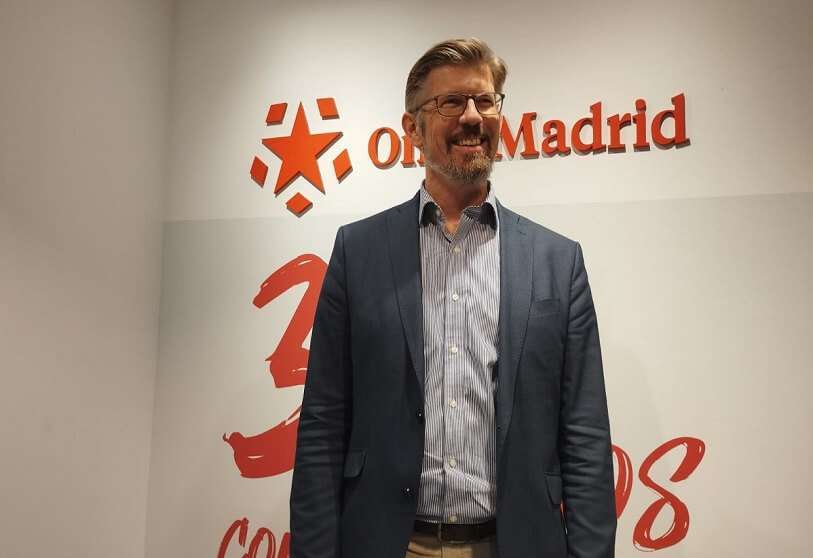
Can the West be suffocated today by the economic crises, as a result of the war in Iraq, the war in Afghanistan, the COVID-19 pandemic, etc.?
I believe that the current economic situation affects us all; it also affects China, Chinese growth has fallen, it has an impressive real estate bubble that is about to burst, serious problems for China that could easily lead to a social problem and, therefore, to a problem of political stability, although I don't think this is going to happen. The economy is an element that plays in favour of lowering the tension in these relations that could lead to a new Cold War. At the time, in the second half of the 20th century, there were practically no economic links between one bloc and the other, the Soviet Union and the US, today the Chinese economy depends on us as buyers and we depend on China, without going into technological issues. This may be an area where China needs to rely on us and we need to rely on them and, therefore, we need to understand each other, lower the tension and do what we were able to do in the 1960s at the height of the Cold War. For some, 1962 was the end of the Cold War; what followed was no longer the Cold War.
These days the weapons are not missiles, but markets and debts, cyber attacks, cyber markets, space and so on. Constant battles that go on every day, especially with cyber attacks, and that perhaps society is not aware of, but where the stakes are very high.
Of course, there is tension, there is pressure, for some there is war and there is war in a very different way, with different means than those used during the Cold War, and precisely because they are not so perceptible to public opinion, perhaps they are less evident.
It is perceptible in Ukraine, which is the pathetic and tragic scenario of what is happening. Taiwan may be another scenario, but what is at stake right now is the international hegemony that both Russia and China are disputing with the United States and the Western countries.
Russia aspires to be a global power, but at a regional or continental level because it cannot aspire to be more than it really can be, Russia's possibilities are limited. However, China's possibilities allow it to project hegemony at the global level, which is what China openly aspires to and, at the same time, without limiting the freedom of other actors and other ways of seeing the world. It is true that China lacks an ideological impetus in what it is pursuing, unlike the Soviet Union during the Cold War. China has no interest in exporting Chinese communism, but it does have an interest in promoting authoritarian political systems because it considers them more efficient than democracy, and therefore, of course, authoritarian political systems would make these states more easily impermeable for China.
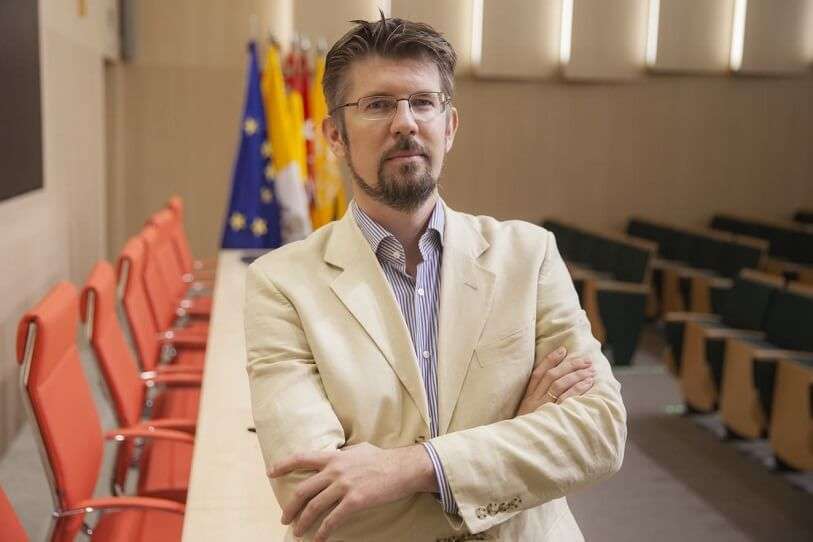
Why should our readers not miss the opportunity to read "La Guerra Fría, una historia inacabada"? Besides, in order to better understand what is happening today.
Sometimes we think that the Cold War is a thing of the past and because it is over we are facing a carefree future, due to the exacerbated euphoria of the 1990s, the end of history, as one of the most influential political thinkers of the time said, and this is not the case. We must be aware of this, and this is the main message of the book, we must be able to look at the past in order to realise in the present what needs to be done to avoid a return to that past in the future. China is trying to buy, through debt in Africa and Latin America, access to these geopolitical regions. So it is not only trying to buy influence at the global level, but it is also changing the international order of our system, the rules-based international order, China is changing the rules and we are not realising that this is happening. In this book we try to unpack those keys, the Chinese aspirations, the mechanisms to realise them from 2005 to the present day 2022.
How do you change the international order?
Well, it is changed from outside and from within, China is doing it in both ways, through the creation of majorities in international organisations which, in turn, by the principle of democratic freedom, give themselves the rules that the majority decide, through the influence on a majority of countries, through the debt that it obtains from these countries, it is able to influence the way they vote. That is why we see that international organisations that define the direction of the world, little by little, are going in the direction that China intends, we have to be aware of all these things in order to put up a fight. Of course we can do battle in our free world, based on democratic principles and the free market. We are in a moment of awakening.
Are we aware of the seriousness of the situation and all that is at stake? For example, when Finland and Sweden are voted into NATO, you listen to the debate in the Spanish Parliament and the short-sightedness and low status of the debate comes to the fore.
Of course, national debates are often determined by national politics, by interests and by looking ahead to the next elections. On the other hand, I do believe that the actors who define state action in the West are aware of the threat and are determined to confront it. President Biden has revitalised a project to unite countries on the basis of the principle of freedom and democracy, i.e. ideas are coming back. In other words, Western principles and values; at the same time, the European Union has stood up in an almost unexpectedly tough way to the Russian invasion of Ukraine, which is a practical manifestation of the more global aspirations for change in the world order. We must be able to transfer this conviction in the heads of leaders and international policy actors to the public debate, to the conscience of public opinion, so that in the democratic system the majorities also support decisions that have direct consequences on the life of an individual, as will happen this winter, with the cost of energy and, therefore, with the temperatures in our homes and public spaces.
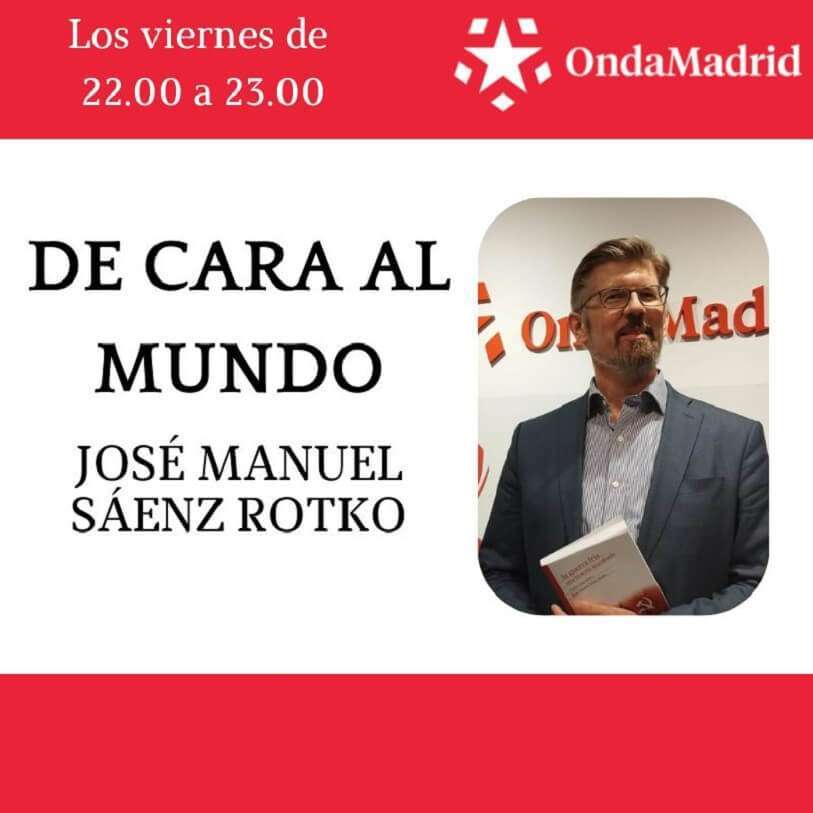
We are at a time of need where the European Union must have a common energy policy and not each one looking after its own interests.
I believe that what is happening, as has always happened in the process of European integration, is that we have been able to take advantage of moments of crisis to take steps forward, but these steps are more difficult to take if nobody pushes you forward. The reading that has been made of this situation is the correct one, things do not happen from one moment to the next, in this situation they are happening much faster than we are used to. Tough, extremely tough, practically unique sanctions on a country that is relevant, an important trading partner, with all the consequences for our lives, our economy, our economic growth, for GDP, for inflation and so on. This is something surprising, it is important, and it makes me optimistic; the awareness that we have to defend the way of life that we believe in and that we have worked hard to build, that we are going to defend it properly.

